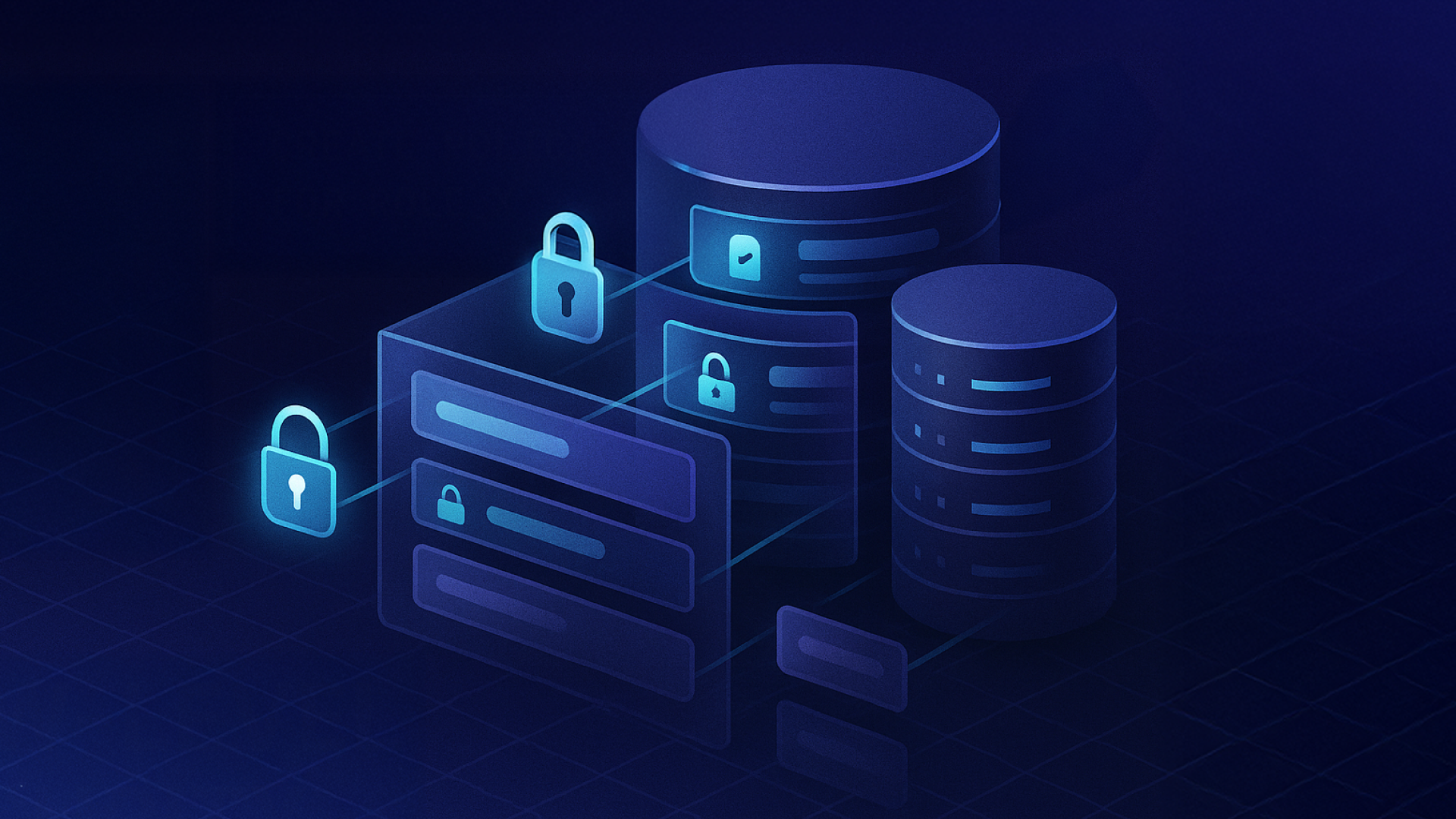
Blog
View all

Database Modernization
|Identity Access Management (IAM)
When Teleport & CockroachDB Powered Global Tier 0 Access Management
In large-scale, security-sensitive enterprises particularly in finance, access infrastructure isn’t just another service — it’s a critical foundation.

Amine El Kouhen, Ph.D.
July 10, 2025
Security
You Shall Not Pass: Fine Grained Access Control with Row Level Security
Controlling who can access what data is more important than ever as organizations scale and modernize their data infrastructure.

Dikshant Adhikari
July 9, 2025
Banking & Fintech
Payments
Top 5 financial services use cases for CockroachDB
The team at Cockroach Labs has worked with dozens of companies (including Fortune 50 banks) that use CockroachDB to support the following initiatives and use cases.

Cassie McAllister
July 8, 2025
Security
Artificial Intelligence
Fraud Detection at Scale with CockroachDB & AWS AI
In the arms race against financial fraud, milliseconds matter.

Amine El Kouhen, Ph.D.
July 7, 2025
Identity Access Management (IAM)
RBAC to the Future: Role-Based Access in GCP, AWS, and Azure
In Back to the Future, messing with the wrong wires could change the timeline. In cloud infrastructure, messing with the wrong permissions can do just as much damage. That’s why Role-Based Access Control (RBAC) is a cornerstone of secure, scalable platform design.

Vishal Jaishankar
June 27, 2025
Events
Scale & Resilience
RoachFest 2025: Real-world resilience from Bengaluru to Las Vegas
Following an electrifying first event in London, RoachFest heads to two more global innovation hubs: Bengaluru and Las Vegas. Each event offers a unique lens on what it means to build and run distributed applications in the real world — where scale is unpredictable, uptime is non-negotiable, and performance is expected under pressure.

Becca Weng
June 25, 2025
Database Modernization
Artificial Intelligence
Vector Search Meets Distributed SQL: A New Blueprint for AI-Ready Data
If you're building AI features into your applications, you're probably arriving at the same crossroads as everyone else: “Do I add another database to my stack, or find a way to make my existing infrastructure work smarter?”

David Weiss
June 24, 2025
Engineering
Artificial Intelligence
Product
Real-Time Indexing for Billions of Vectors: How we built fast, fresh vector indexing at scale in CockroachDB
Read on to learn how we combined recent academic research with practical engineering to solve the semantic search problem at massive scale, with fresh, real-time results, by leveraging CockroachDB’s unique distributed architecture.

Andy Kimball
June 23, 2025
Events
Scale & Resilience
Database Modernization
Announcing virtual conference: “Best of RoachFest25 London”
With the massive GCP and AWS outage the same day as RoachFest25 London, resilience is truly more topical than ever. So if you missed the excitement of our annual database conference, or just want to relive the conference, we’re thrilled to announce that on August 5, we’re bringing the best of RoachFest25 London directly to you — wherever you are. Join us for a curated virtual replay featuring highlights from the top sessions, product insights, and customer stories that defined this year’s database event of the summer.

Becca Weng
June 17, 2025
Artificial Intelligence
Database Modernization
Engineering
Tutorial: Augment your AI use case with RAG on CockroachDB
In this blog post, we dive into the significance and benefits of RAG applications first. Then we explore the advantages of leveraging CockroachDB, a highly scalable and resilient distributed SQL database, as the foundation for building efficient and robust RAG applications. To illustrate the practical implementation, I’ve created a knowledge base chatbot.

Jessie Lin
June 13, 2025
Get started for free


![[image] finserv use cases](/_next/image/?url=https%3A%2F%2Fimages.ctfassets.net%2F00voh0j35590%2F61herWHcBa8OEwzsV20Vco%2F5971df8ab1da34f54d551ca1383e10ba%2FFinserv_use_cases_Blog_1920x1080__1_.png&w=3840&q=75)






